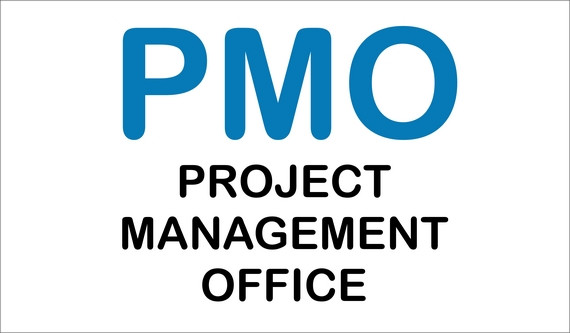Description
PMO is a management structure that standardizes the project-related governance processes and facilitates the sharing of resources, methodologies, tools & techniques and enables Project Managers. Purpose of PMO is to centralize the management of projects across the organization. Typically the PMO will provide one or all of the following for a project:
• Provide templates and standardized forms for project use
• Offer coaching, training and mentoring for project managers, Guidance and training to the organization on project management concepts, principles
• Educate and provide methods and procedures, templates, methodologies and policies for managing projects
• Manage dependencies between projects, programs, or portfolios
• Function as a stakeholder
• Audit compliance with Project policies, standards, and procedures companywide
• Help to provide project resources, A resource pool of project managers for various organizational initiatives
• Cancel projects
The three types of PMOs variants include:
1. Supportive PMO
The Supportive PMO generally provides support in the form of on-demand expertise, templates, best practices, access to information and expertise on other projects, and the like. This can work in an organization where projects are done successfully in a loosely controlled manner and where additional control is deemed unnecessary. Also, if the objective is to have a sort of "clearing-house" of project management information across the enterprise to be used freely by project managers, then the Supportive PMO is the right type.
2. Controlling PMO
In organizations where there is a desire to "rein in" the activities, processes, procedures, documentation, and more - a controlling PMO can accomplish that. Not only does the organization provide support, but it also requires that the support be used. Requirements might include adoption of specific methodologies, templates, forms, conformance to governance, and application of other PMO controlled sets of rules. In addition, project offices might need to pass regular reviews by the controlling PMO, and this may represent a risk factor on the project. This works if a) there is a clear case that compliance with project management organization offerings will bring improvements in the organization and how it executes on projects, and b) the PMO has sufficient executive support to stand behind the controls the PMO puts in place.
3. Directive PMO
This type goes beyond control and actually "takes over" the projects by providing the project management experience and resources to manage the project. As organizations undertake projects, professional project managers from the PMO are assigned to the projects. This injects a great deal of professionalism into the projects, and, since each of the project managers originates and reports back to the directive PMO, it guarantees a high level of consistency of practice across all projects. This is effective in larger organizations that often matrix out support in various areas, and where this setup would fit the culture.

